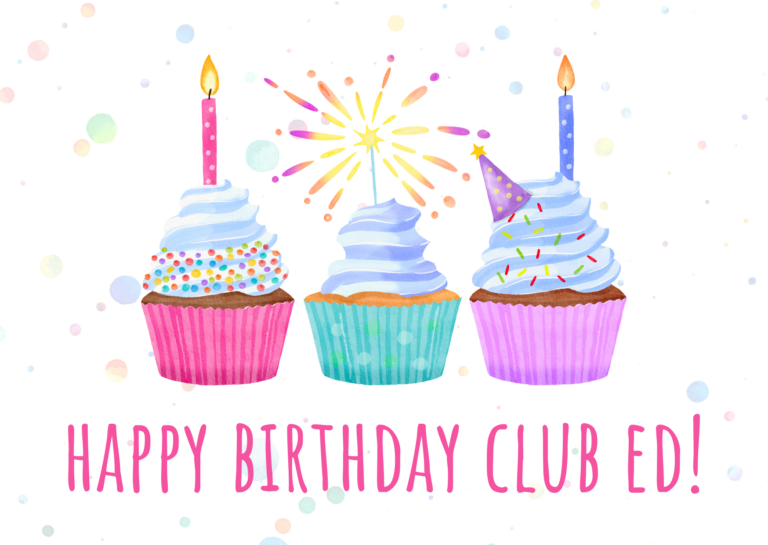The teaching skills developmental editors need
I’ve taught adult learners for over twenty years and I’ve devoted considerable time to thinking about and exploring what goes into effective instruction.
One of the challenges with teaching is that just because you’re good at a particular skill—whether it’s basketball or oil painting—that doesn’t mean you automatically know how to convey the information effectively. Developing a good curriculum means understanding how to convey basic principles without drowning students in what-ifs and more information than they can reasonably take in at one time. Working well with students means understanding how to set standards while still encouraging them and helping them maintain enthusiasm for that they’re learning. Students often give what you say and do enormous significance so you have to be careful about what you say and do and how you say and do it.
It requires constant assessment and refinement of tools, materials, approaches. You look at how you think you’re doing, you look at how your students think you’re doing, you look at how your colleagues think you’re doing, you track student outcomes, you look at what others are doing, you track their student outcomes.
It’s hard.
People who think they can pop a how-to video up on YouTube and reap the rewards are kidding themselves. It may work for very basic things, like that one time I watched a video on how to make roses out of ribbons. But if the skill you’re trying to teach is complex, you have to think deeply about how teachers teach and how students learn.
This matters to developmental editors because at our core, we’re teachers. We’re trying to teach our clients how to become better writers. So we have to think about the best ways to teach in the edit. One reason why you’ll hear me talk a lot about addressing no more than three to five developmental problems in one round of editing is because I know that this is the limit of what any student/writer can reasonably address in one round of revision.
A writer who is struggling to come up with a strong central conflict, convincing goals and motivations for their characters, and a plausible plot can’t at the same time deal with the inaccurately rendered setting, awkwardly stated sentences, and inconsistent punctuation without losing track of the main issues (conflict, goals/motivation, plot). (Notice how I felt I had to remind you what those main issues were.) We put first things first.
This is also why I am so adamant about using the three-part query formula (stating what the developmental problem is, explaining why it’s a problem for this ms, and providing a possible solution). Teaching an author isn’t just a matter of asking questions (“Why does Margaret fire Angela?”). It requires providing the necessary guidance for the author to perform an effective revision, which means describing the problem and how to fix it in clear, specific terms.
When you’re working with more advanced writers, you don’t teach/edit in exactly the same way as you do with a newer author. An experienced author who has done some unnecessary info-dumping in the first chapter doesn’t need a deep explanation of what info-dumping is and why it’s a problem. They just need to know that you feel they’ve got some in Chapter 1. Identify it and they’ll know what to do.
By the same token, you can’t evaluate the work of a more experienced author using the same expectations as you have for a beginning author. The goal is always to help the author improve. Just because a more experienced author has a strong central conflict and solid character arcs doesn’t mean that all you have to do is say, “Good job!” Perhaps there are more subtle problems happening. Maybe the emotional payback for the reader isn’t as strong as it could be. Helping the author understand how to go more deeply into perspective may be the right thing to do in that case. Or providing them with guidance on how to use subtext to bring out the emotion of a scene.
In other words, you adjust your edit and your expectations to suit the project, the client, and the client’s goals.
I often talk about the need for editors to learn about effective storytelling techniques as well as effective editorial techniques. I would also add that we need to understand how to be effective teachers, too.
>>>Starting and Building Your Developmental Editing Business starts January 3, 2022!
>>>Advanced Developmental Editing for Fiction starts January 10, 2022!
>>>The full Club Ed 2022 Course Catalog can be found here!
Join the Club!
New to story editing? Begin at the beginning.


